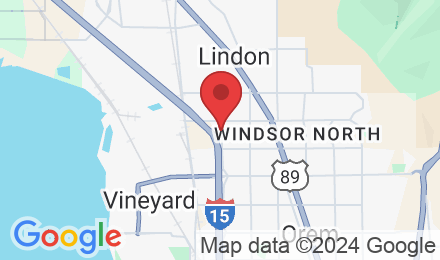Experience Remission from Depression, with TMS.
TMS (transcranial magnetic stimulation) is designed to help people who suffer most from depression to start feeling better again.
4.8 Million Treatments Administered
83% of Patients See Improvement
62% of Patients See Full Remission
What is TMS?
Transcranial Magnetic Stimulation uses strong, magnetic pulses distributed through a coil to regulate the neural activity of brain structures associated with depression.
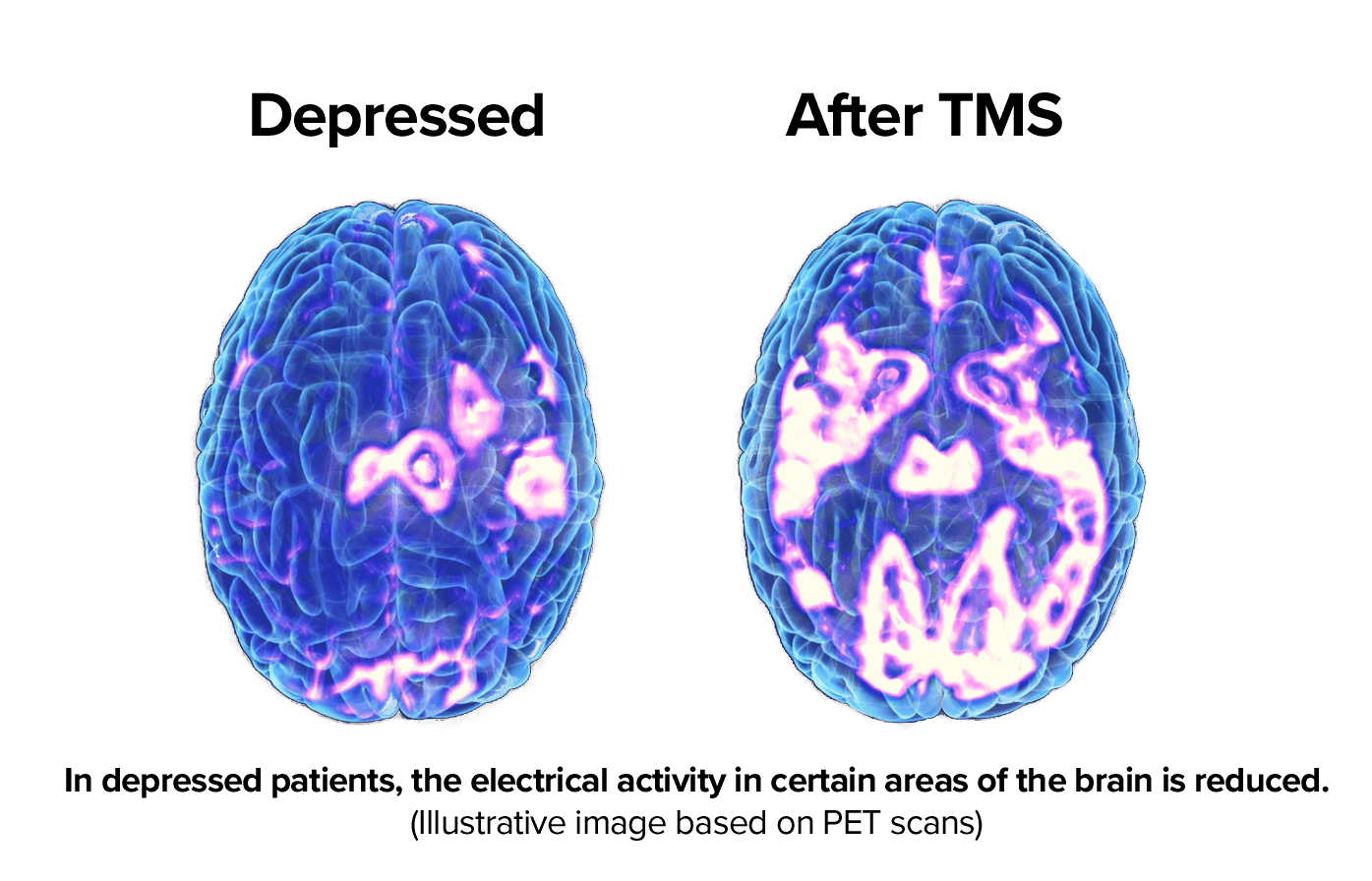
No Systemic Side Effects
While you may feel slight pressure on top of your head, most patients adapt to the sensation after just a couple of sessions.
Medication Free
Rest assured, you do not have to start a new medication regimen throughout TMS.
21 Day Difference
An analysis of 1,753 patients showed that the average patient achieved a sustained response after just 16 treatments.
Hear From Our Patients
Rory

"I have had an incredible experience with Meadowbrook counseling. The entire team has been amazing, from the effortless scheduling and payments to the exceptional staff who are kind and understanding. Specifically, Brooke, my counselor, has been absolutely incredible. I cannot express enough how wonderful this place is. If you are seeking a professional, compassionate, and genuinely kind experience, Meadowbrook counseling is undoubtedly the best choice."
Audrey
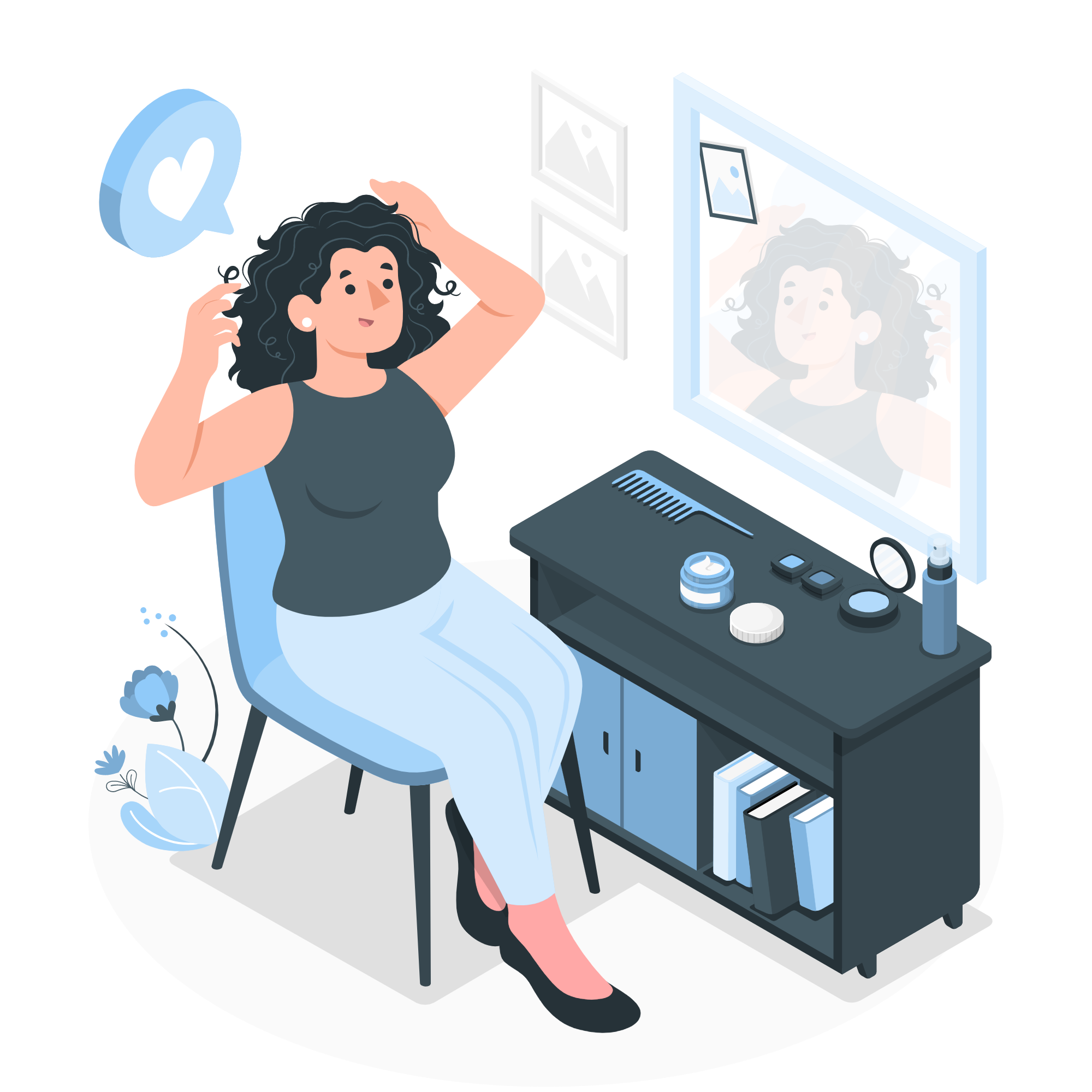
"I do therapy and did TMS through Meadowbrook. They are super awesome and so responsive! I have been impressed with everyone I have worked with here. Definitely recommend!!"
Selina
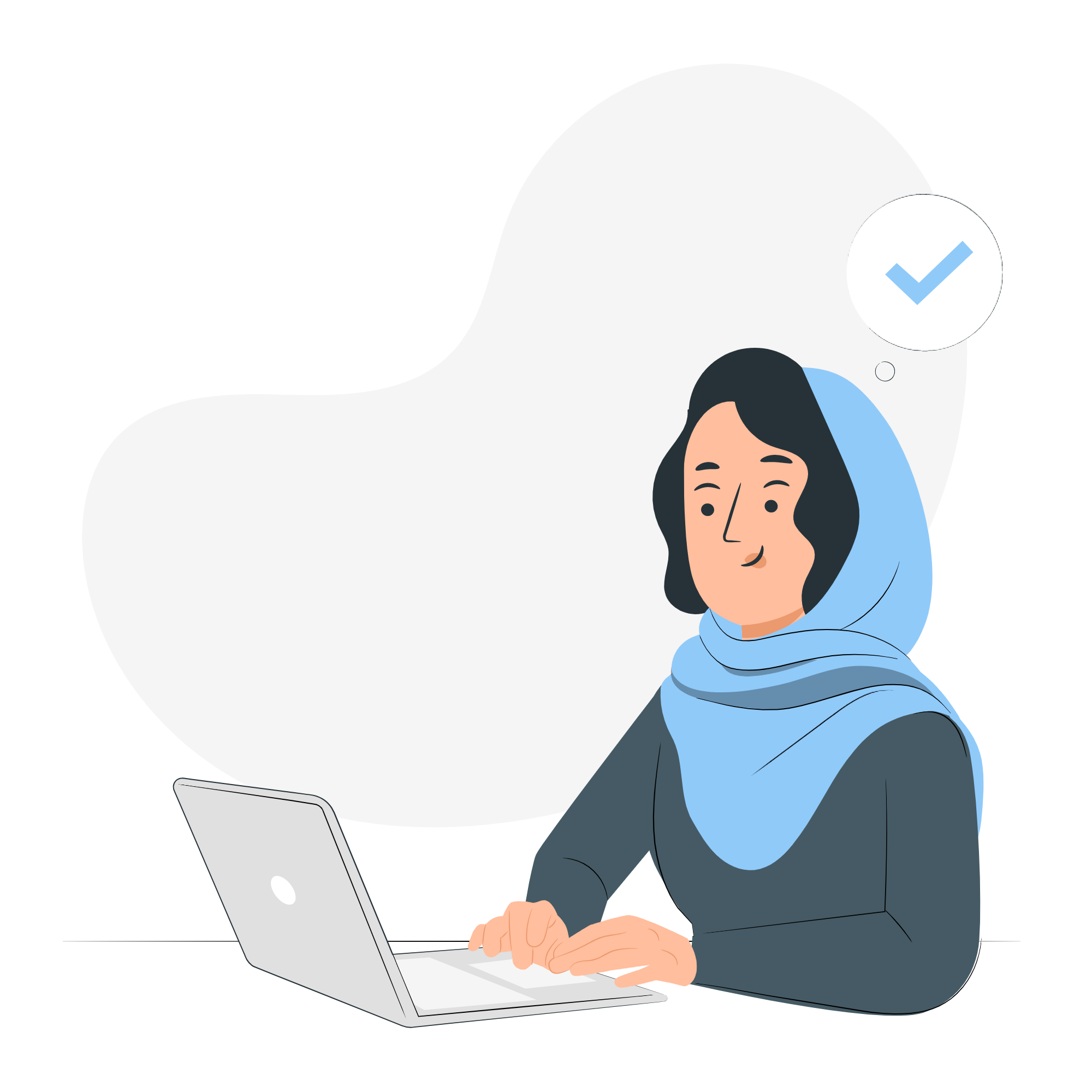
" I had a great experience receiving TMS treatments here. Everyone was friendly and helpful. I was able to choose a time that was convenient for me in my busy life. I had a lot of questions about the treatment and all my concerns/questions were answered. If I needed to reschedule a treatment it was very easy to do:)"
Real BrainsWay Stories
Highly Effective
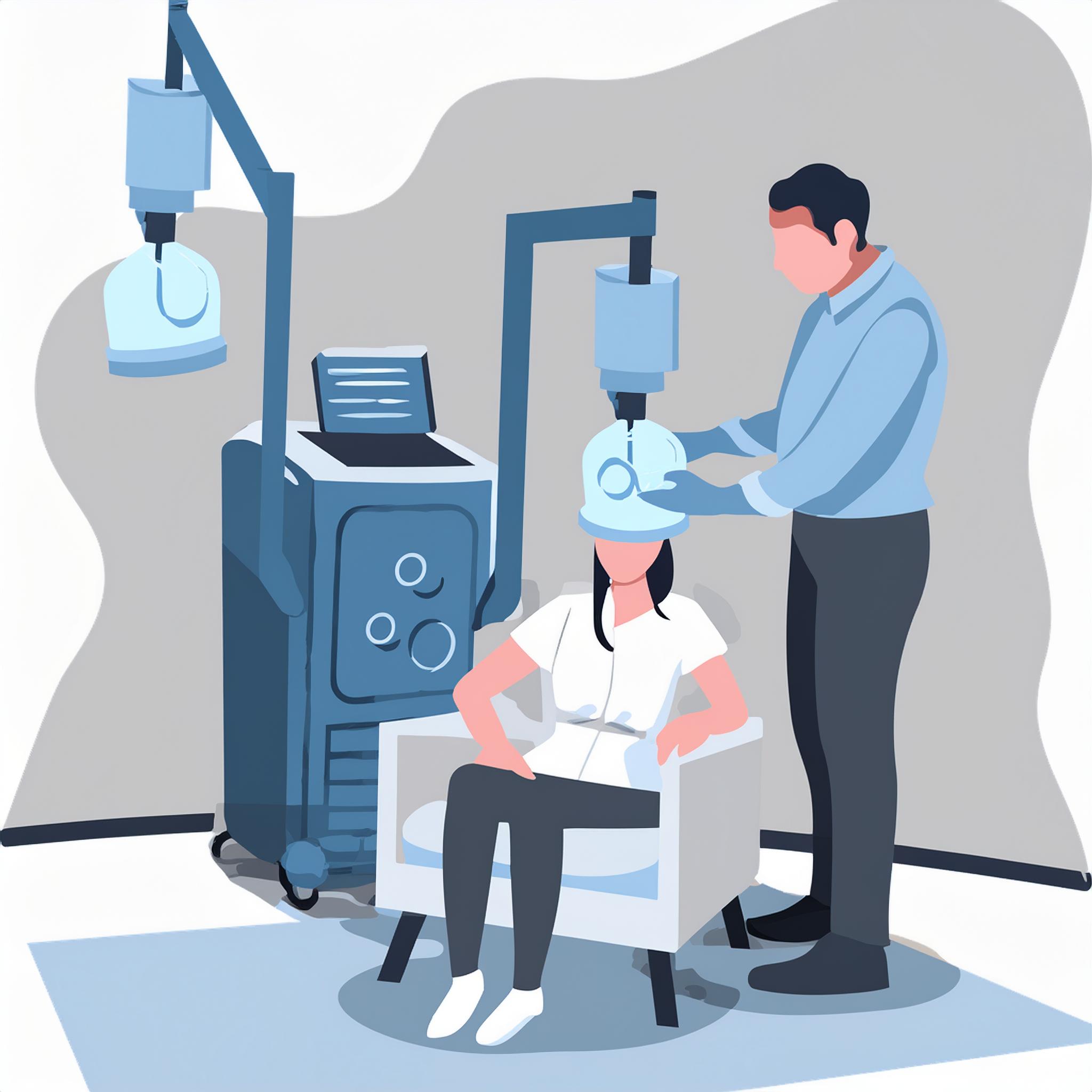
About 83% of patients who complete a full course of TMS show a clinically meaningful response and about 62% experience a full remission, meaning their symptoms go away completely
Fits in Your Schedule
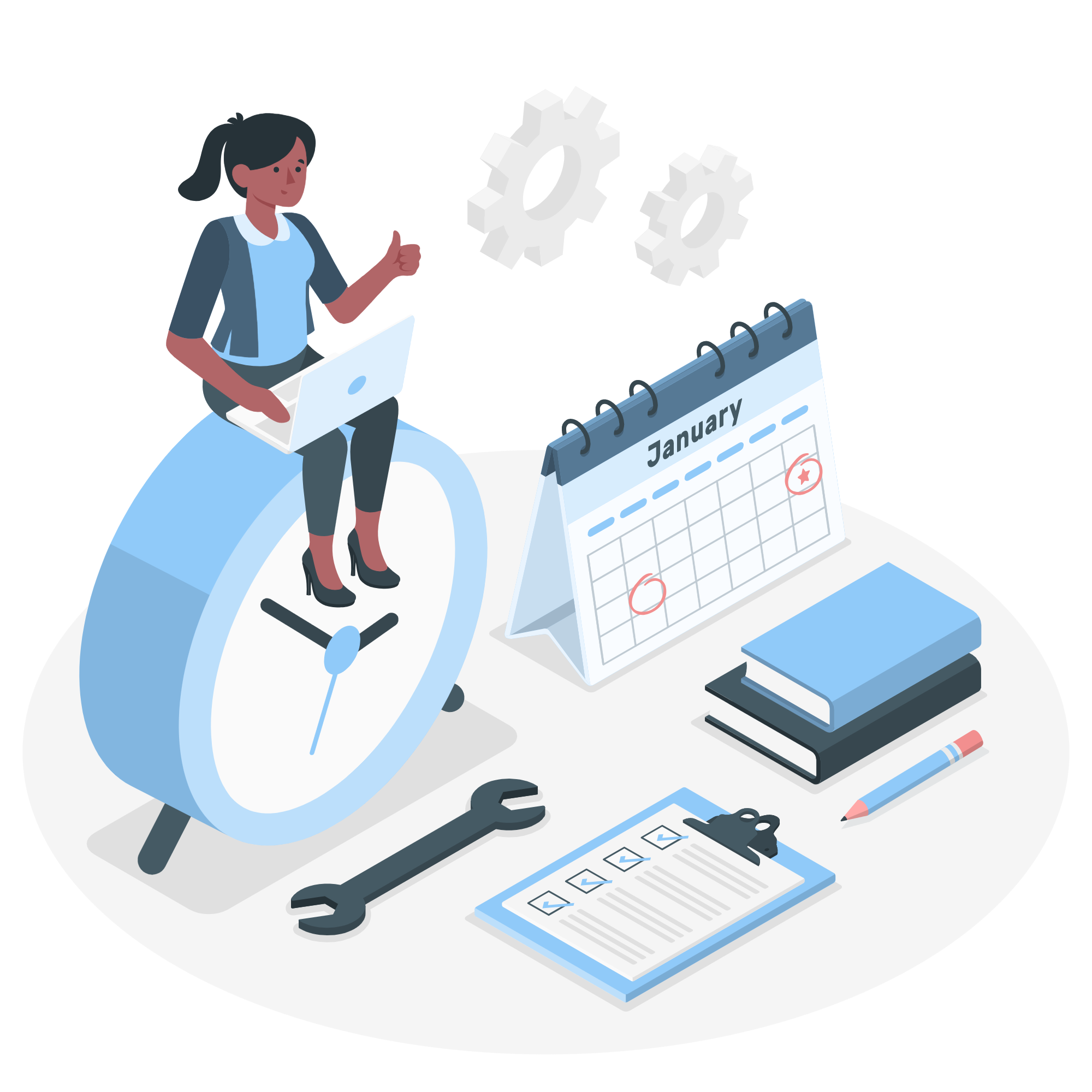
Sessions are about 20 minutes and you can drive to and from your appointments. The full course covered by insurance usually takes about 6-8 weeks to complete.
Covered by Insurance
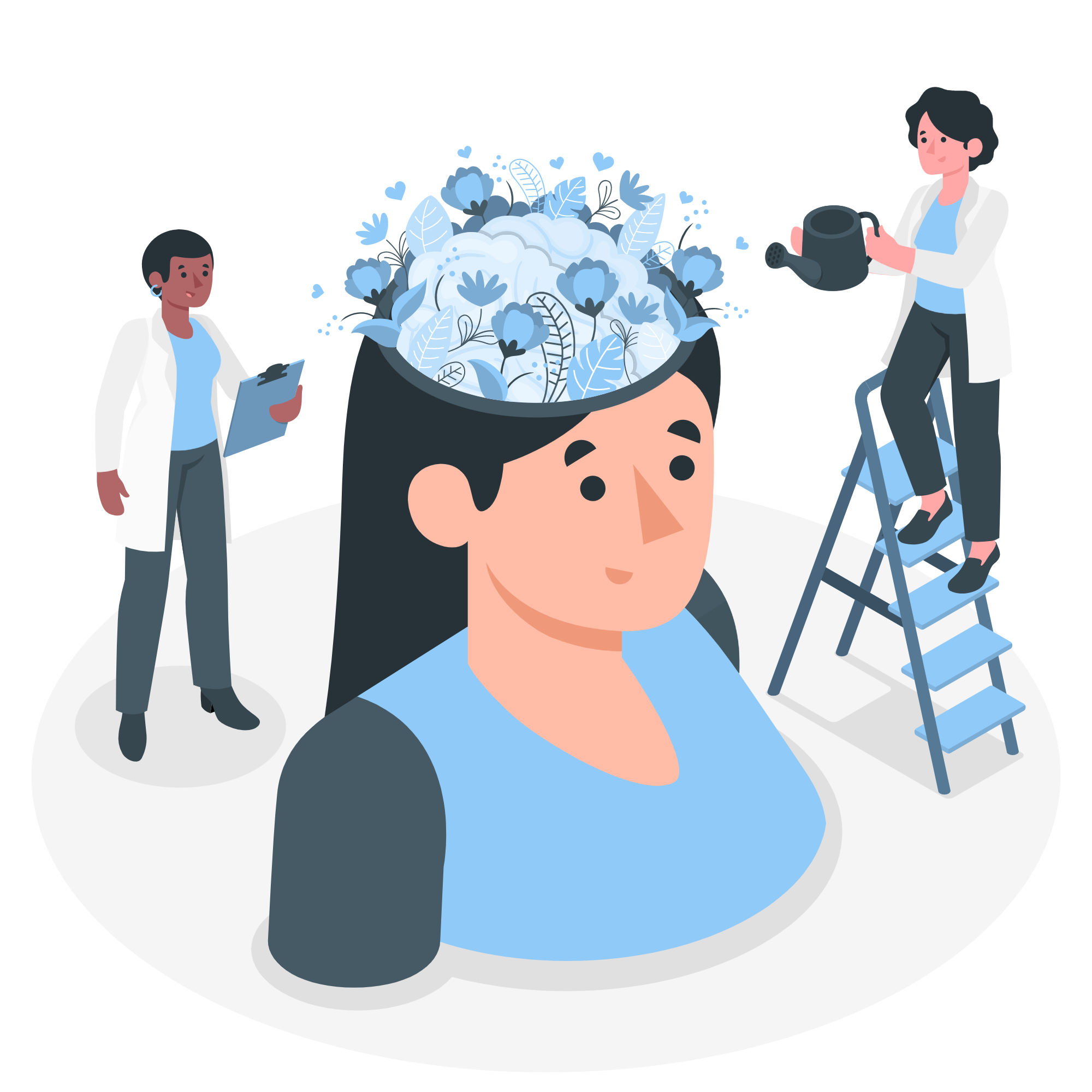
All major payers cover TMS treatment for Depression. If you've tried multiple antidepressants and therapy, there's a good chance your insurance covers it.
Meet Dr. Mageno

Dr. Alex Mageno is a board-eligible general psychiatrist. He is comfortable working with all ages and stages of life with additional specialty training in child and adolescent psychiatry, nutritional psychiatry, and integrative mental health. He has joined Meadowbrook Counseling to help clients with medication resistant anxiety, depression, and OCD to explore other effective and research-based treatments such as deep TMS.
His personal approach to treatment is to first develop a deep understanding of the symptoms that clients are experiencing, then examine how these symptoms impact their ability to experience health, wellness, and connectedness to others. He wants to understand, as much as possible, the root cause of the depression, anxiety, insomnia, or whatever else his patients may experience.
Located in Orem
We are In-Network with

Not Sure If You Need Help?
Get instant results and feedback by taking this short quiz.
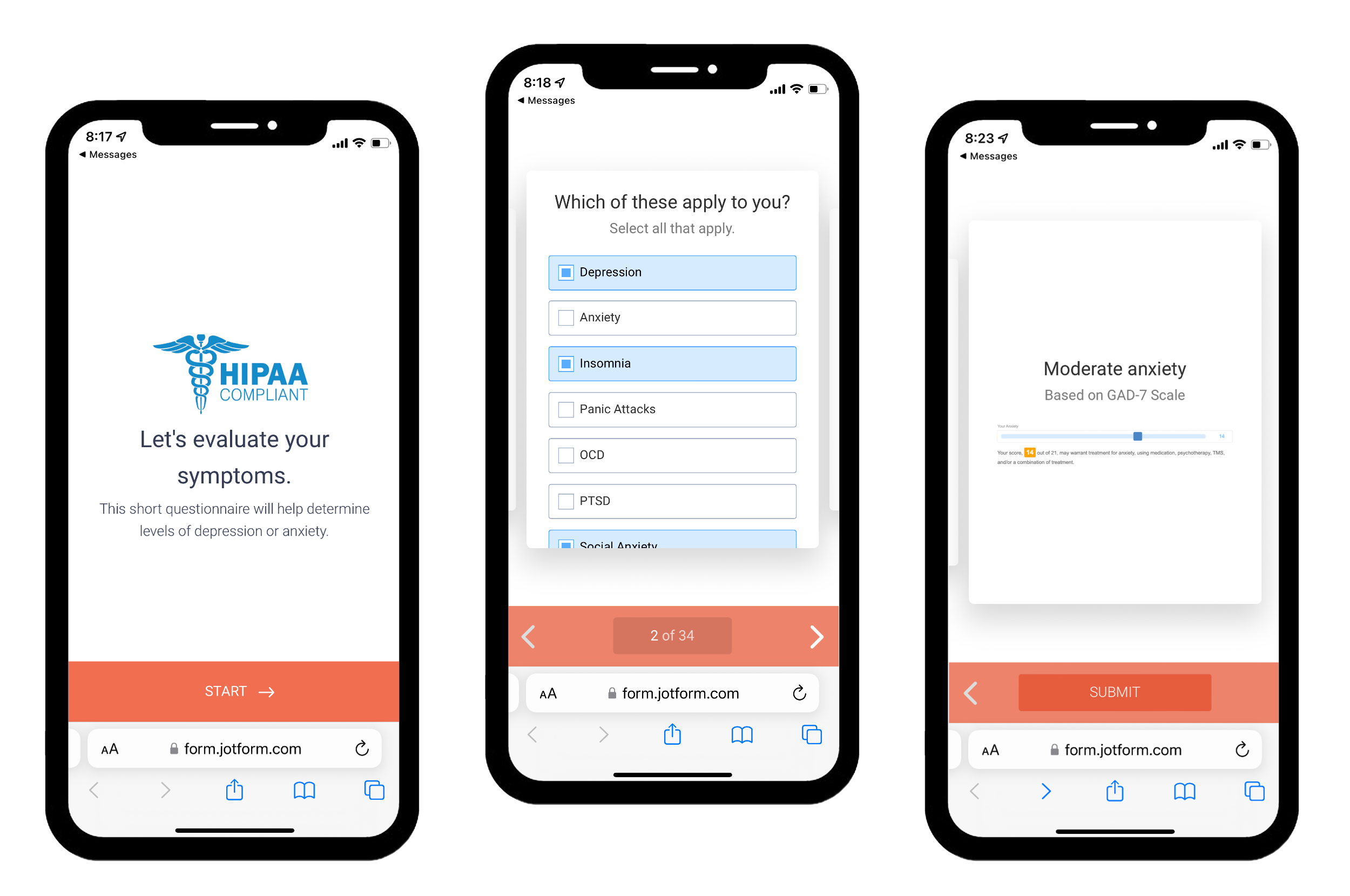
What is TMS?
TMS, or transcranial magnetic stimulation, is an alternative treatment for a variety of mental health conditions, but it is most commonly used to treat major depression and anxiety. This non-invasive therapy involves using a targeted magnetic field to stimulate under-active neurons in specific parts of the brain. TMS therapy typically takes about 6 weeks and is over 70% effective for providing long-term relief from depression symptoms.
How does TMS work?
Depression is caused by a lack of sufficient activity in the left dorsolateral prefrontal cortex, essentially the front left part of your brain. When this area is working properly, the entire brain lights up, creating an improved mood, working memory, and selective attention. TMS works by using magnetic fields to stimulate nerve cells in the brain. This is done by placing a magnetic coil near the head, which produces magnetic pulses that stimulate the nerve cells in the targeted area.
Is TMS for me?
TMS may be a good option for individuals who have not responded to traditional treatments for depression, such as medication and psychotherapy. However, it is important to speak with a mental health professional to determine if TMS is right for you.
What is TMS like? Do I feel anything?
During TMS treatment, you can sit comfortably and perform passive activities like reading a book, watching TV, or listening to music. Most patients report that TMS treatment feels like a gentle tapping sensation on the skull. Some patients experience a tingling or scalp sensitivity at the stimulation site during treatment, which can typically be mitigated by placing the device at a slightly different angle.
Are there any side effects?
The most commonly reported side effects of TMS therapy include mild headache, scalp discomfort during stimulation, and lightheadedness, all of which are typically resolved shortly after the treatment session or within the first week. Many patients report no side effects at all.
Is TMS covered by insurance?
Yes, TMS therapy is covered by almost all major insurance companies, depending on your insurance plan. Insurance plans can also have requirements for coverage, such as a prior history of antidepressant medication use or therapy treatments.

